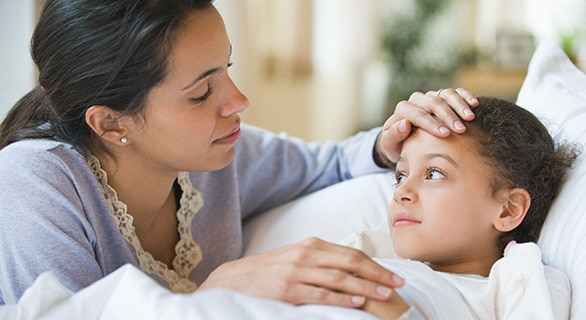Footnotes
-
If you believe you have an emergency medical condition, call 911 or go to the nearest hospital. For the complete definition of an emergency medical condition, please refer to your Evidence of Coverage
or other coverage documents.
Continue at 1 -
If your child has these symptoms, schedule an appointment with their doctor as soon as possible.
Continue at 2 - See note 1. Continue at 3



